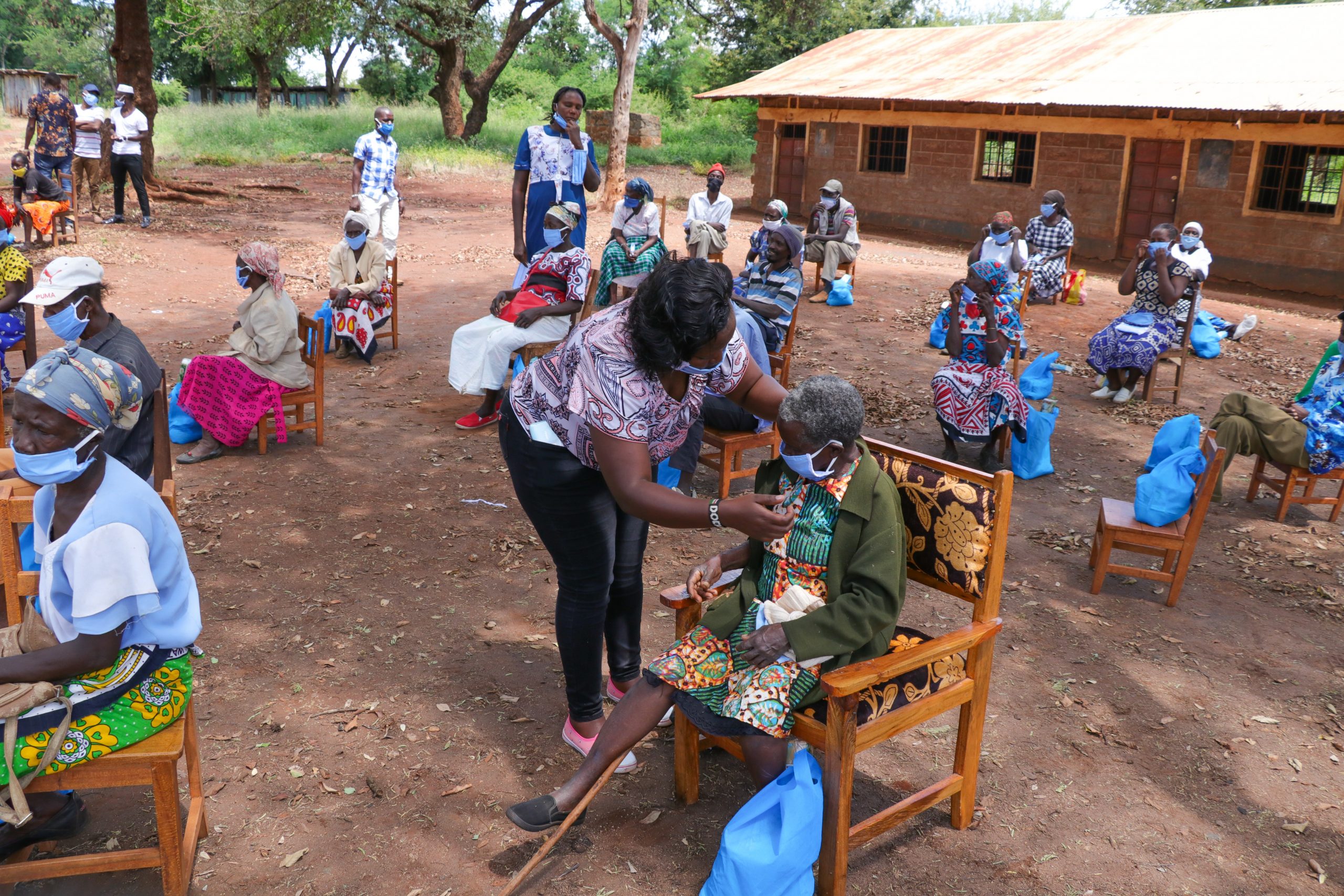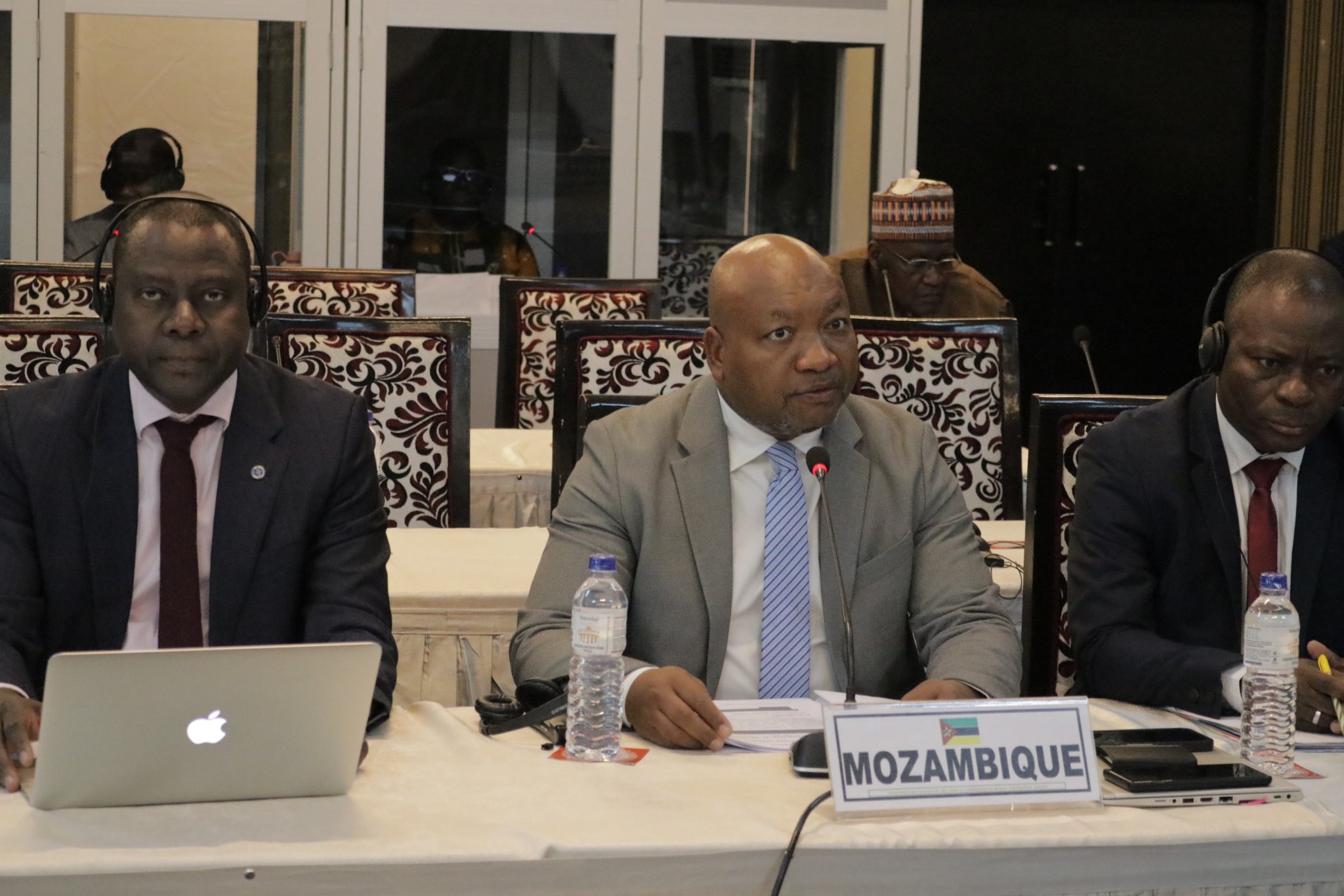On 17 November 2020, the African Commission on Human and Peoples’ Rights (ACHPR or ‘the Commission’) co-organised with the Joint United Nations Programme on HIV/AIDS (UNAIDS) a panel on the right to health and its financing towards building health systems for universal access to health care in Africa. The panel welcomed the participation of the Africa Centres for Disease Control (CDC)of the African Union. It considered lessons learned from the COVID-19 pandemic in regards to ensuring resilient health care systems and access to health for all in Africa.
The keynote address to launch the process for the conduct of a Joint Study on ‘the Right to Health and its Financing in Africa’ was delivered by Aenas Chuma, Director of the regional support team for eastern and southern Africa UNAIDS. “This year, we were very concerned about the impact of COVID-19 on our response on health systems, and in general. But we also realised that it was a very unique opportunity to really think, to really improve the health system on the continent. Lessons from the HIV response include the need of decentralise the response itself by placing affected communities at the centre of the response. Health is a human right and it must be recognised as such” Chuma said.
The purpose of the Panel was to lay the foundation for the conduct of the study, by considering the requirements to rebuild health systems in Africa for the realisation of the right to access health care. With respect to immediate concerns, particular attention was given to the imperative to create the necessary conditions in Africa for access to a COVID-19 vaccine including its manufacturing and distribution on the continent.
The panellist also stated, in accordance with the Commission, that States must adopt and implement a comprehensive national public strategic and plan of action. This plan should include special attention to primary health care and specific measure to ensure coverage of all groups including and in particular marginalised area.
Commissionner Mudford Zachariah Mwandenga highlighted that “Healthcare systems on the continent are in urgent need of reforms and some communities still lack access to. States Parties are urged to reform healthcare systems, to ensure that all communities have access to water and to support the adoption of the Draft Protocol to the African Charter on the Rights of citizens to Social Protection and Social Security. Corruption has taken away the enjoyment of the right to health in our countries. Political leadership should do more than what they are doing now”.
The lessons from the COVID-19 pandemic with the need to buil health systems on the continent as a basis for enjoying other rights was also highlighted by the panellists.
“There are three important lessons to highlight in regards to lessons learned from the response of COVID-19. One has to do with the lack of preparedness of African countries, the second has to do with the issue of lack of infrastructures, due to very limited funding, the third has to do with inequality and inequity in access to health care services. We need to do more in terms of providing good services and access to primary good care services. Funding is very critical” said Ebenezer Durojaye from Dullah Omar Institute.
Finally, Salomon Ayele Dersso, the Chair of African Commission emphasised that “the Abuja Declaration, adopted by Heads of States and Governments of the African Union in 2001, through which they set a target of allocating at least 15% of their annual budgets to improve the health sector, is critical and indeed the failure to fulfil this commitment has left many countries vulnerable. We cannot continue to neglect fulfilling this commitment we need to mobilise political actions to ensure that member States and States parties fulfil this obligations and commitment”.
The right to health is crucial for the realisation of other fundamental rights and freedoms. In this respect, the panel called on all States to consider the lessons learned from the COVID-19 pandemic to ensure resilient health care systems and access to health for all. They also called on States to guarantee to all persons, and vulnerable people in particular, the necessary socio-economic circumstances to limit their exposure to diseases and finally to make socio-economic rights a central pillar of responses to the COVID-19 pandemic and in particular to ensure that the right to health is respected, protected and upheld.
Contact: Stéphanie Wamba, Africa Programme Advocate Consultant, [email protected]
Photo: Denis Ngai /Pexels




